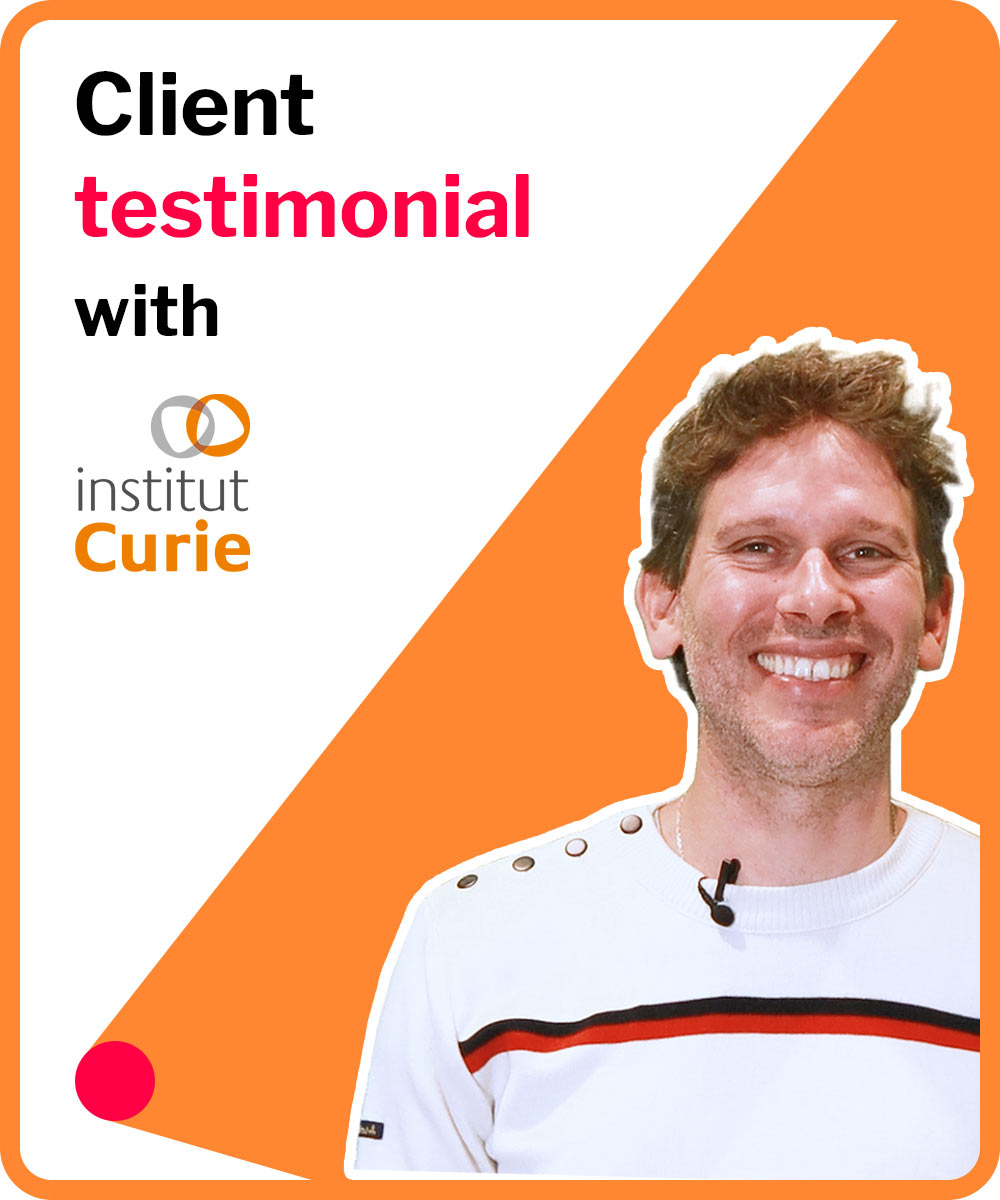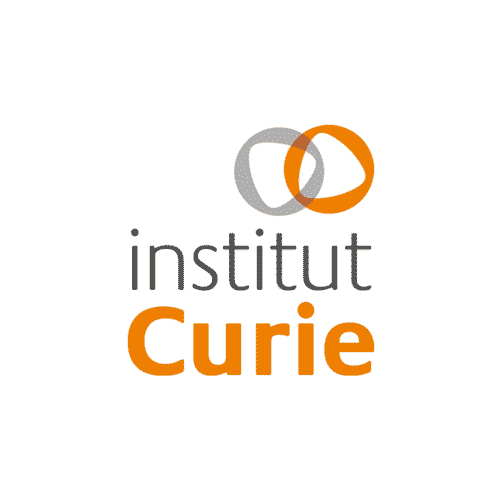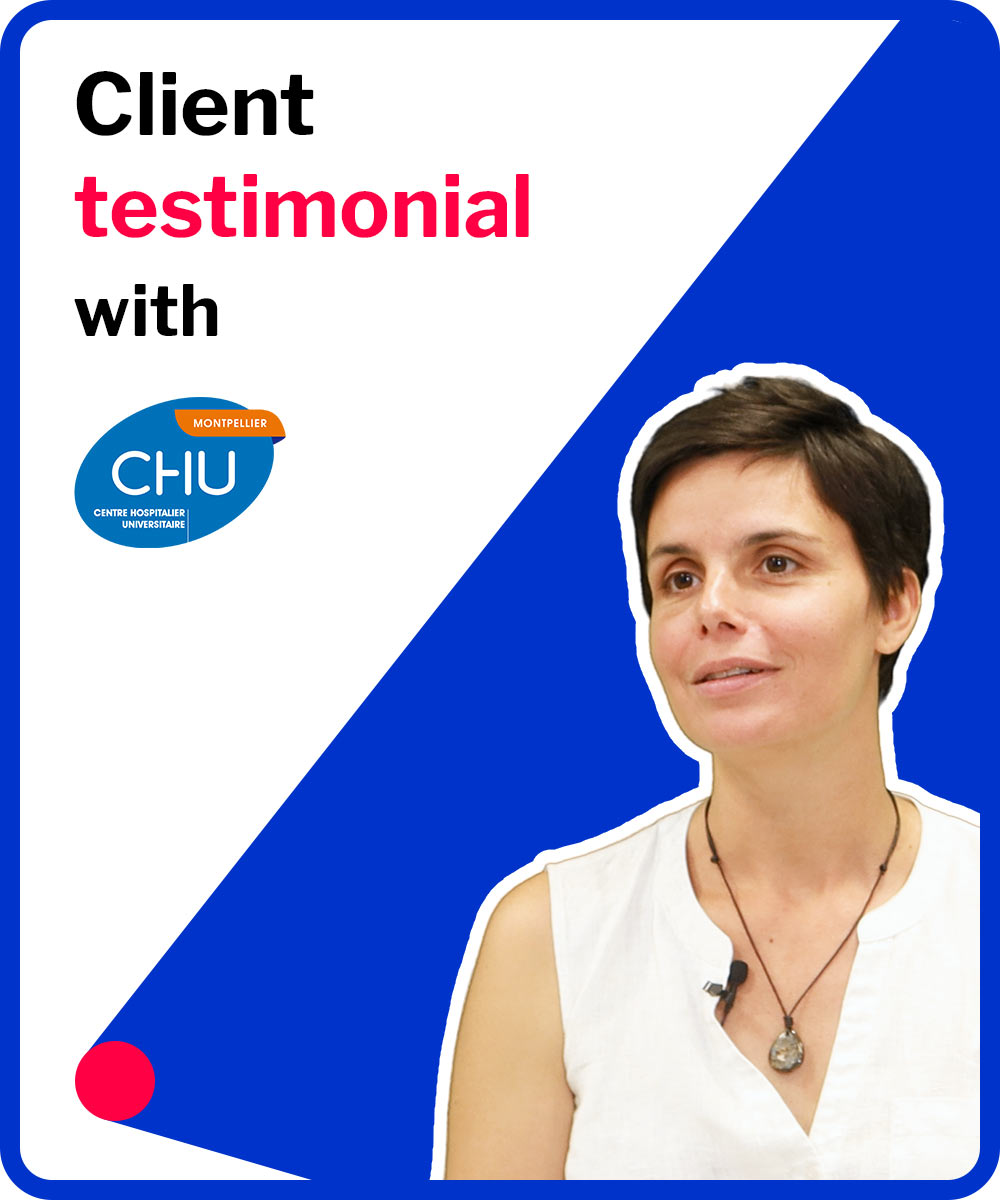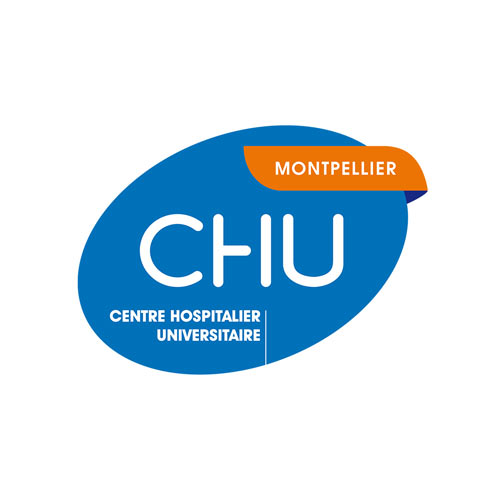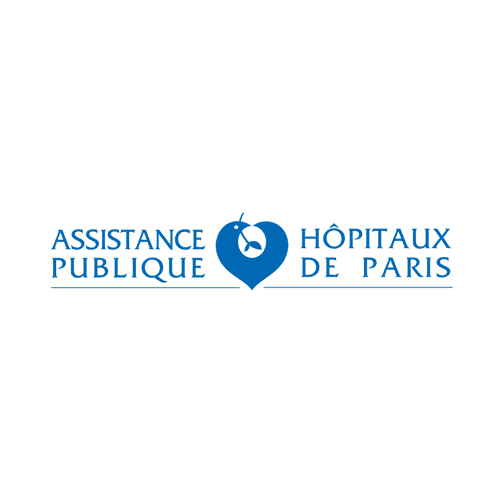
Funding application

Unlock financing for your project by getting support in preparing your funding applications
For more than 30 years, our specialized team has been supporting companies and public institutions in preparing their funding applications for their innovation and R&D projects (H2020, Eurostars, Eurêka, FEDER, FSE, PIA, PSPC, France 2030, ANR, ADEME, Bpifrance, …).
They trust us



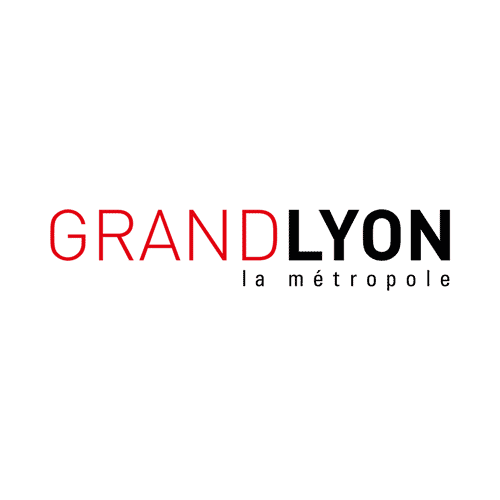
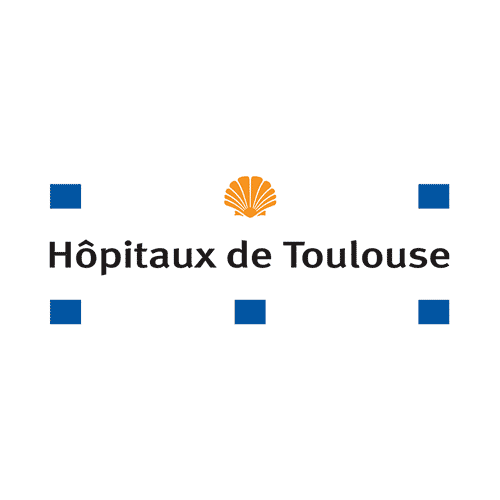

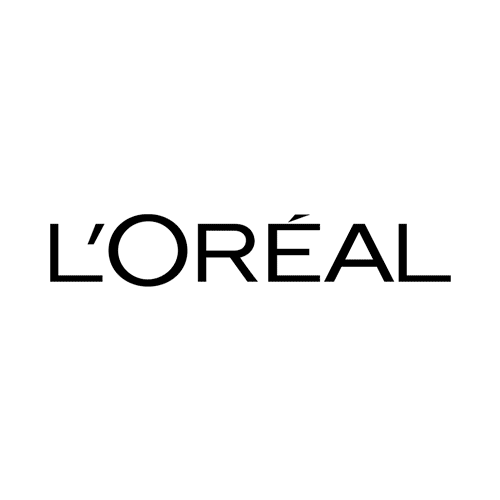
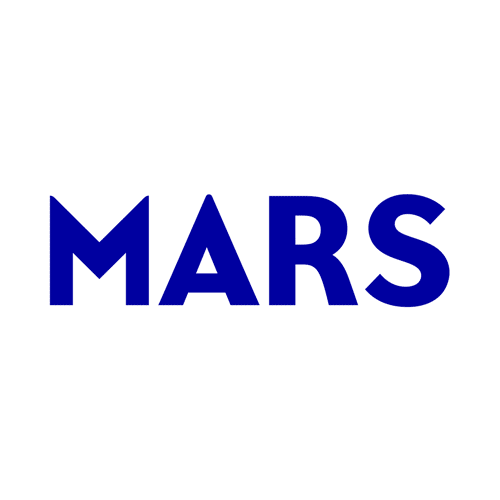
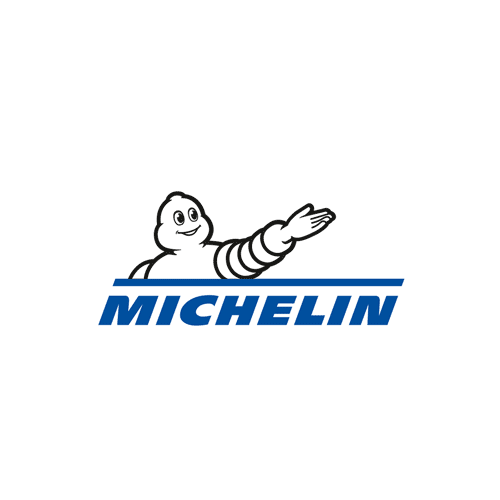
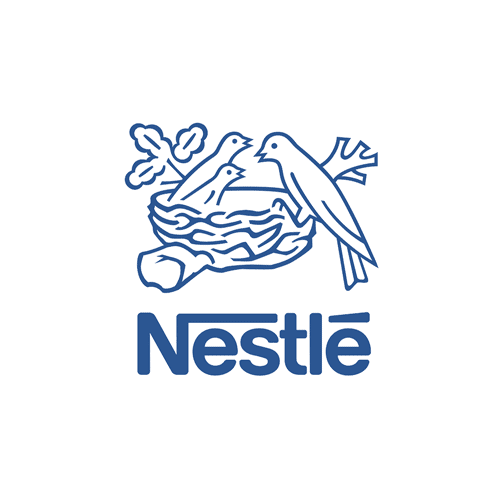
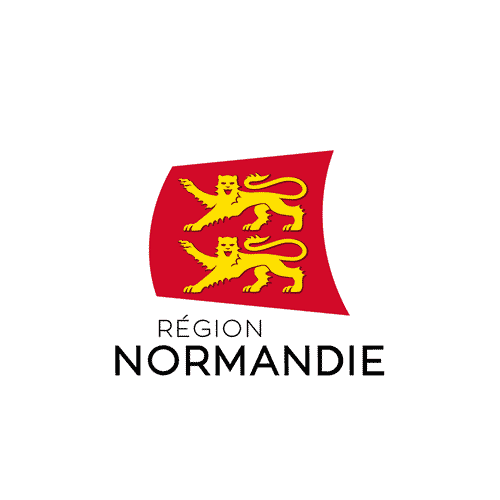
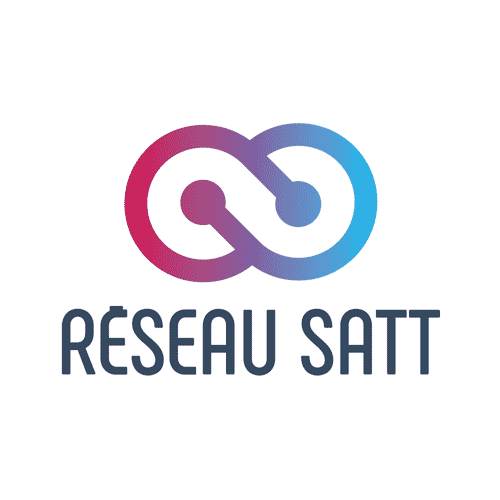
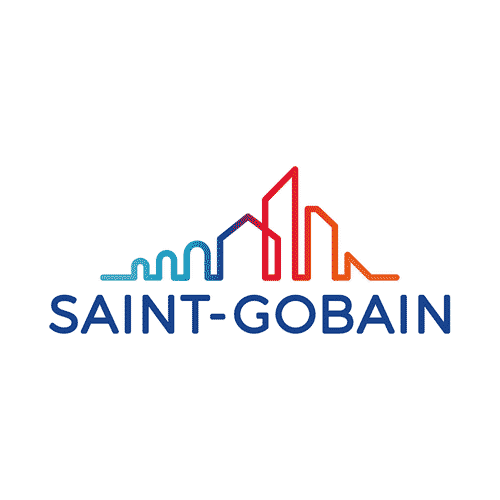

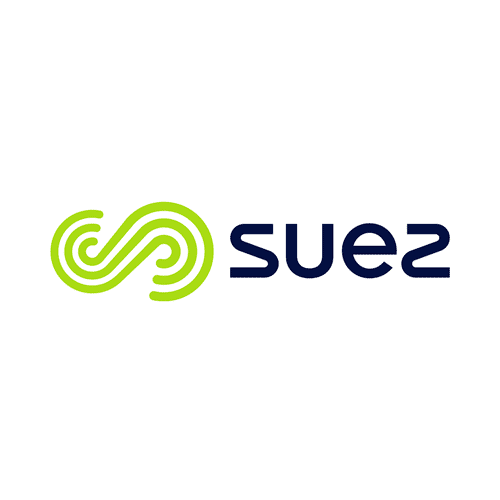
Key success factors for funding applications
Responding to a call for projects or a call for expressions of interest requires methodology and coordination. All types of players may be involved, whether public, private or mixed consortia. The stakes are high, because the application may lead to the funding of all or part of a project, or to certification. To maximise the chances of success, there are a number of key factors to consider:
To avoid wasting time drafting a proposal that does not, or only inadequately, meet the requirements of the call for projects in question, it is crucial to study the published specifications in detail and answer the following questions:
Does the scope of the project meet expectations? What scientific or technical skills and advances are required? Is the organisation submitting the application eligible and in the best position to meet the requirements of the call for projects? Is the project budget consistent with the proposed funding envelope and terms and conditions? Are there other, more appropriate funding sources?
Often, an application is based on the integration of partners or a consortium. The choice of partners is crucial in order to bring together all the resources and skills required for the project. The choice of partners can also consolidate the legitimacy of the project and ensure its operational implementation, maximising the chances of success.
Which partners should be involved to ensure that the project has all the skills it needs? Could public or private partners provide additional resources (biological, technical, IT, etc.)? How can the geographical scope of the consortium be extended in the case of international calls for projects?
Drafting the project brief is the most demanding part of the process, requiring coordination between all the parties involved and alignment on the content of the technical, budgetary, legal and intellectual property sections. The introduction of collaborative tools, the organisation of group work sessions and the definition of a retro-planning with shared drafting help to frame and ensure the success of this demanding phase.
Are everyone’s roles in the drafting process clearly defined? How should the back-planning be organised to guarantee a quality submission on time? Are the resources available sufficient to put the project together?
The value of the project very often counts in the assessment of the application. The aim is to demonstrate the concrete impact of the project and its ability to meet the challenges of the call for projects: development of an innovative therapeutic response, development of a brownfield site to relocate production, development of a bioproduction platform, promotion of know-how as a cultural heritage, or setting up a regional pilot.
What social and economic aspects should I include in my application to enhance the value of my project? Is the ‘impact’ section of my application solid enough? Do I have any market data to highlight? Do I know what the potential competition is?
How we support you in your funding application process
Alcimed assists its clients in the setting up of R&D&I (Research-Development-Innovation) funding applications in response to local, national or European calls for projects. This is a crucial step essential to the launch of an innovation project. This is why it requires time and specific skills. Alcimed supports you in your response to calls for projects or expressions of interest.
What they say


"Good mood, enthusiasm, clearly professionalism, and an ability to mobilize and change direction according to the needs of the project."
Dr. Amaury Martin
Directeur adjoint de l’Institut Curie


« You know the subject perfectly. It's very reassuring to have you on our side because we know it's going to go well! »
Claire Daien
Professor of Rheumatology
Examples of recent funding applications carried out for our clients
Funding application: assistance in setting up an “university-hospital research” (RHU) project
We have supported numerous award-winning “university-hospital research” (RHU) projects in various indications around the treatment of autoimmune diseases, rare genetic diseases, cancers and genetic sensory diseases.
In the context of setting up a RHU project, we intervene upstream to challenge the positioning, the clinical question addressed and the scientific method developed, as well as to define the deliverables. Our team then assists you in the negotiation and framing phases of the partner consortium, drawing on our knowledge of industrial issues. Finally, we intervene in the dossier creation phase by acting as both facilitator and coordinator of the entire set-up of the RHU project with the entire consortium, and by taking charge of the key phases of the project: development strategy, medico-economic aspects, financial framework, etc.
Finally, we provide a critical review at the end of the creation of the dossier.
Funding application: assistance in the assembly of a H2020 project
Support during the setting up of the H2020 BoneRegTech project, on the dimensions ‘market research, setting up and coordination of the different partners (distribution of tasks and responsibilities between the project partners as well as setting up a drafting and validation process)’.
Our team also carried out a critical rereading of the “scientific excellence” part of the file and more generally identified tracks of improvement based on our experience. We also contributed to the “management” part of the document and wrote the “impact” part, in collaboration with the project coordinator and the other members of the partnership.
Alcimed then submitted the H2020 application on time and in the form expected by the European Commission, for a positive result in the end!
Search for funding: mapping of funding opportunities and document preparation for innovative start-ups
Our team assisted the project leaders of an incubator in mapping the public and private innovation financing mechanisms available and in the preparation of financing applications.
We first worked on the identification and characterization of public innovation financing windows in France and Europe: funder, eligibility criteria, associated amounts, and types of aid.
Secondly, our team identified and characterized the private seed and fund-raising schemes associated with the development of innovation in France, ultimately enabling our client to select the appropriate funding channels for its various projects. Our team then assisted the project leaders in drafting their financing files.
Assistance in the preparation of a “Eurostars” funding application
Our team has assisted project leaders in the preparation of a “Eurostars” funding application and the search for French and European industrial partners. Alcimed carried out a diagnosis of the current state of the project and then assisted the project leaders in identifying and structuring partnerships (establishing contacts and developing the consortium).
Following this, we wrote the response file to the call for projects (AAP), in collaboration with the project leaders on the non-scientific parts, and proceeded to a global critical review, until the final file was sent. Our support allowed our client to structure its approach from A-to-Z and to guarantee an optimization of the content and form of its financial file.
Building a PO FEDER FSE funding application file for the deployment of a “Living Lab”
We have supported two French regions in the construction of an application file for the ERDF ESF OP with a view to the deployment of a “Living Lab”. Our team identified and mobilized the key local actors and then organized working meetings in the form of workshops in order to design a “Living Lab,” meeting the expectations of the funding client and the holder of the AAP.
This work allowed for the construction of the financial file and the implementation schedule. Alcimed proposed a legal structure (operator, evolution towards a SCIC) and built a viable and sustainable economic business model. This work allowed our client to define the governance of the future “Living Lab” and to raise the necessary funds for its creation.
Support in putting together the IHU application for a research institute
As part of the 3rd wave of IHU, Alcimed was asked to support a research institute in framing and putting together its IHU application on the theme of women’s cancers.
To maximise the chances of the application, we carried out an inventory and defined the strategic positioning. We then set about structuring the project, in particular the partnership strategy, as closely as possible to the stakeholders involved in the project. Finally, we built the dossier and modelled the IHU project, acting as facilitator and coordinator for the entire set-up.
The application was accepted, and the IHU is now accredited. It should soon be welcoming its first structuring projects and its first patients.
Support in setting up a project for a consortium of academic and hospital players in response to BPI France's acceleration strategy
Alcimed was asked to support a consortium of academic and hospital players in responding to a call for projects issued by BPI France as part of its strategy to accelerate the digital transition of the French healthcare system.
We were involved in drafting certain parts of the application, in particular the summaries of the project’s strategic aspects, governance and technological and strategic ambitions.
The consortium was able to call on Alcimed’s expertise to provide tools for monitoring the drafting process and for critical re-reading of the dossier.
You have a project?
To go further
Founded in 1993, Alcimed is an innovation and new business consulting firm, specializing in innovation driven sectors: life sciences (healthcare, biotech, agrifood), energy, environment, mobility, chemicals, materials, cosmetics, aeronautics, space and defence.
Our purpose? Helping both private and public decision-makers explore and develop their uncharted territories: new technologies, new offers, new geographies, possible futures, and new ways to innovate.
Located across eight offices around the world (France, Europe, Singapore and the United States), our team is made up of 220 highly-qualified, multicultural and passionate explorers, with a blended science/technology and business culture.
Our dream? To build a team of 1,000 explorers, to design tomorrow’s world hand in hand with our clients.
A funding application involves identifying the right funding agency, defining and structuring the innovation project in response to the expectations of the potential funder, finding a partner, putting the funding application and monitoring its processing.
- The first step in putting together a funding application is to target the most appropriate call for projects. Active monitoring strategies can help identify opportunities.
- Once it has been decided that it is worth submitting an application, the promoter must look for partners in order to consolidate the application.
- The writing part then consists of completing the form provided with all the information required. This often requires working sessions to consolidate the project, particularly its scientific, financial and legal aspects.
- Once the application has been submitted, additional oral assessments may be organised.
